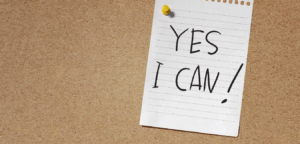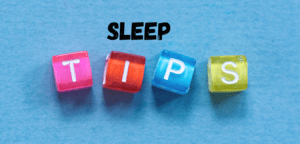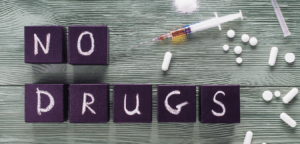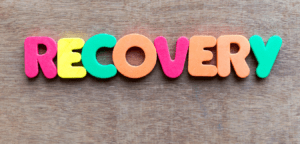Maintaining sobriety requires much more than just having a solid commitment to recovery. In order to remain sober for the long term, you need to approach recovery with a clear mind and patience.This means finding ways of avoiding its snares — otherwise known as triggers.
The newly sober may find it harder than to identify and manage the triggers that can swiftly set them back and undo all the progress made in treatment. Overcoming triggers as they pop up will rely on having a solid relapse prevention plan in place, complete with defined actions to deal with them. Learn more about triggers and how to face them.
What are triggers?
Triggers are the cues that prompt us to return to the substance, with the potential to undo the hard work of recovery in a heartbeat. Triggers come in a variety of forms, including:
- Psychological Triggers: Underlying psychological triggers, such as dysfunctional relationships, trauma, or abuse can lead to using the substance as a maladaptive coping mechanism.
- Visual Triggers: Exposure to seeing alcohol or drugs, whether at home or during a social event, can trigger the desire to use the substance.
- Emotional Triggers: Stress, anxiety, depression — any negative emotions — can lead to self-medicating the symptoms.
- Nostalgic Triggers: Memories of “the good times” when engaged in substance use can trigger a relapse.
- Social Triggers: Exposure to substances at parties, sporting events, weddings, or work-related events can be triggering.
It isn’t difficult to see how many triggers you can come across in your daily life and how challenging it might be to remain sober in the early months of recovery.
Five ways to prevent triggers from threatening your recovery
Can we prevent triggers altogether? Nope. Triggers are going to appear, no matter how careful we try to avoid them. But with a little planning, it is possible to avoid allowing triggers to sidetrack your recovery.
Consider these five strategies to maintain control over triggers:
- Identify Your Triggers: One of the first steps in developing a relapse prevention plan is to identify your own triggers. This helps reinforce your commitment to sobriety by identifying what those triggers are and defining proactive steps for whenever you come across them.
- Set Boundaries: To further alleviate the exposure to triggers, you must disengage with former friends who still use substances. It also helps to set boundaries for other dysfunctional people in your life who might undermine your sobriety through enabling or codependent behaviors.
- Nurture a Sober Support Network: Establishing a solid sober support network gives you the help you’ll need when you feel your sobriety is threatened by a trigger. These are people who will hold you accountable during your recovery and provide support and encouragement when facing a moment of weakness.
- Take Action: The good news is that a trigger is often short-lived, and you can ride it out by distracting yourself. If you find yourself tempted due to a trigger, it’s best to busy yourself doing something. Take a run, read a book, call a friend, go to the gym — any activity that will distract you long enough to focus on something else.
- Practice Mindfulness: Whenever a trigger presents itself, you can turn to mindfulness meditation to help you relax and approach the situation with a clear mind. Once you encounter a trigger, practicing mindfulness can help you regroup and focus on the present moment. By focusing on the sensory experience, you can calm yourself down and stay the course.
Credited to: ashley treatment










